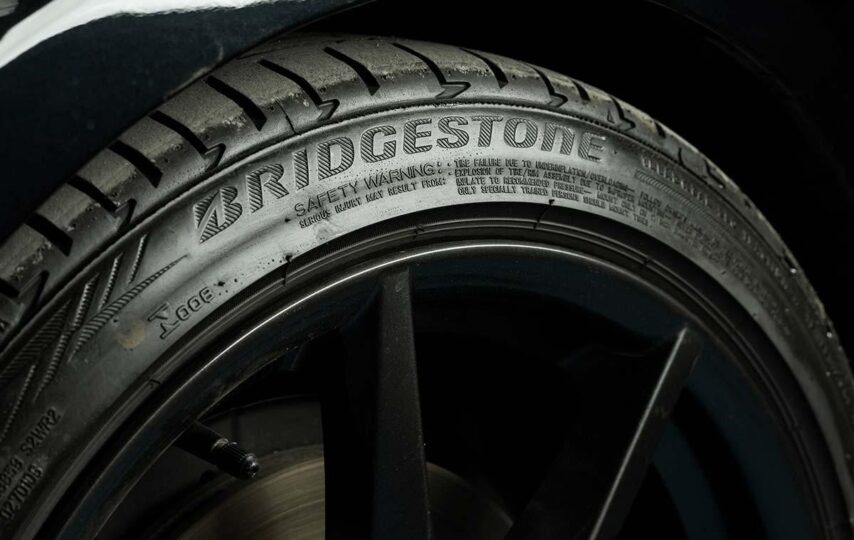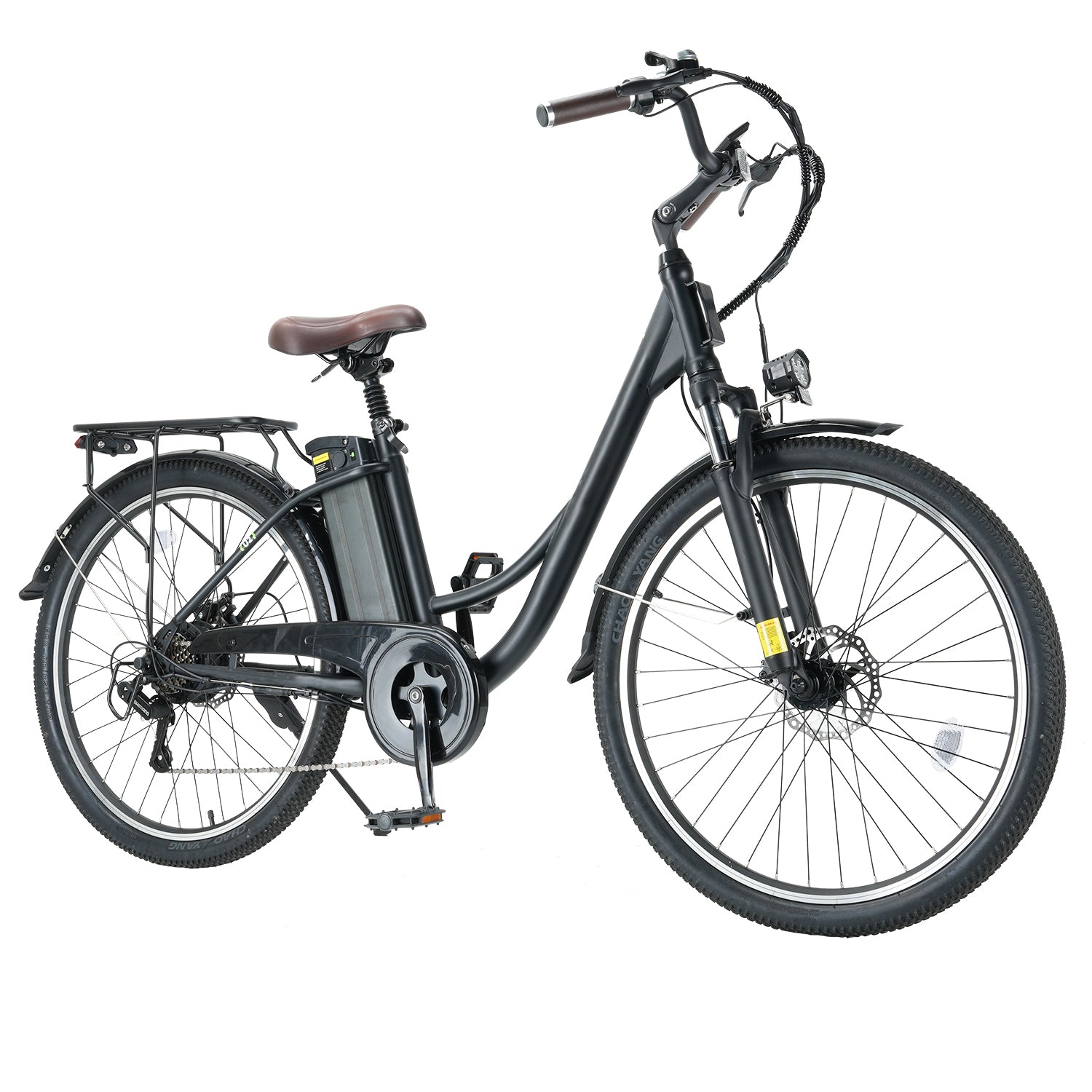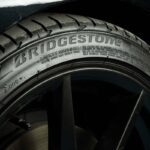Before making a decision, it’s essential to undergo safety inspections to ensure the quality of the tyres. Many car owners and drivers in Nottingham visit the best tyre shops in the area to find high-quality tyres for their vehicles.
When it comes to buying new car tyres, there are several factors that you need to consider in order to make the right choice. If you are looking for quality tyres in Nottingham you will know that they are crucial component of your vehicle, impacting its performance, handling, and safety. In this comprehensive guide, we will walk you through the key considerations when purchasing new tyres, helping you navigate the various options available and make an informed decision. Whether you are a seasoned driver or a novice, this guide will provide you with the essential information you need to know.
1. Determine the Correct Tyre Size and Specifications
One of the first things you should consider when buying new tyres is ensuring that you choose the correct size and specifications for your vehicle. Your vehicle’s manufacturer provides specific recommendations for the appropriate tyre size and load size. It is important to stick to these recommendations to maintain optimal performance and safety.
The tyre size is typically indicated by a series of numbers and letters on the side of the tyre. This code includes information about the tyre’s width, aspect ratio, construction type, rim diameter, load rating, and speed rating. Understanding these codes will help you select the right tyres for your vehicle. If you are unsure about the correct tyre size, you can consult a tyre specialist or refer to online resources provided by reputable tyre manufacturers.
2. Consider Your Driving Needs and Conditions
Different types of tyres are designed to perform optimally in specific driving conditions, such as dry roads, wet roads, winter conditions, or off-road terrains. Assessing your driving habits and the climate in your region will help you determine the most suitable type of tyre for your vehicle.
- All-Season Tyres: These tyres are designed to provide good performance in a variety of weather conditions, including dry and wet roads. They offer a balance of comfort, handling, and tread life, making them a popular choice for daily driving.
- Summer Tyres: Summer tyres are engineered for optimal performance in warm weather conditions. They provide excellent grip and handling on dry roads but may not perform as well in wet or cold conditions.
- Winter Tyres: If you frequently encounter snow, ice, or freezing temperatures, winter tyres are a must. These tyres feature a unique tread pattern and rubber compound that improve traction and handling in cold weather conditions.
- Performance Tyres: If you have a high-performance vehicle or enjoy spirited driving, performance tyres are designed to deliver enhanced grip, cornering stability, and responsiveness. However, they may sacrifice some tread life and ride comfort compared to standard tyres.
- Off-Road Tyres: For those who venture off the beaten path, off-road tyres offer superior traction and durability on rugged terrains. These tyres have aggressive tread patterns and reinforced sidewalls to withstand challenging off-road conditions.
Consider your driving habits, the typical weather conditions in your area, and the type of roads you frequently encounter to determine the most appropriate type of tyre for your needs.
3. Assess Your Budget and Value for Money
While it’s important to consider your budget when buying new tyres, it is equally crucial to prioritise value for money. Tyres come in various price ranges, from premium brands to mid-range and budget options. Premium tyres often offer superior performance, longevity, and ride comfort, but they can come with a higher price tag. Mid-range tyres strike a balance between performance and affordability, making them a popular choice for many drivers. Budget tyres, on the other hand, are more cost-effective but may not offer the same level of performance and durability as their higher-priced counterparts.
When assessing your budget, it’s essential to consider the long-term cost of ownership. While premium tyres may require a larger upfront investment, their superior performance and longevity can result in cost savings over time. Cheaper tyres may need to be replaced more frequently, leading to higher long-term costs. Therefore, it is important to strike a balance between your budget and the value that the tyres offer in terms of performance, safety, and durability.
4. Evaluate Tyre Performance and Safety
Safety should be a top priority when buying new tyres in Nottingham. The performance of your tyres directly affects your vehicle’s handling, braking, and stability, especially in adverse weather conditions. Here are some key performance factors to consider:
- Wet Grip: Tyres with good wet grip provide improved traction and braking performance on wet roads. Look for tyres with high wet grip ratings, as indicated by the EU tyre label, to ensure optimal safety in rainy conditions.
- Dry Handling: Consider tyres that offer excellent dry handling characteristics, providing precise steering response, stability, and cornering grip. This is particularly important if you enjoy driving on dry roads or have a sportier driving style.
- Braking Distance: Shorter braking distances can make a significant difference in emergency situations. Look for tyres that have been tested and rated for their braking performance, ensuring that they can bring your vehicle to a stop quickly and safely.
- Noise Levels: Tyre noise can impact the overall comfort of your driving experience. Choose tyres that offer low noise levels for a quieter and more enjoyable ride.
- Fuel Efficiency: Fuel-efficient tyres can help reduce your vehicle’s fuel consumption and lower your carbon footprint. Look for tyres with low rolling resistance, as indicated by the EU tyre label, to maximise fuel efficiency.
To assess the performance and safety of tyres, you can refer to independent tyre tests conducted by organisations such as Consumer Reports, Auto Express, or Tyre Reviews. These tests evaluate various aspects of tyre performance and provide valuable insights to help you make an informed decision.
5. Check for Warranty and After-Sales Support
When purchasing new tyres, it is important to consider the warranty and after-sales support offered by the tyre manufacturer or retailer. A warranty provides you with peace of mind and protection against manufacturing defects or premature tyre wear. Check the terms and duration of the warranty, as they can vary between brands and tyre models.
Additionally, consider the availability of after-sales support, such as tyre rotation, balancing, and alignment services. Regular maintenance and proper tyre care are essential for maximising the lifespan and performance of your tyres. Choose a retailer or tyre shop that offers these services to ensure that your tyres are properly maintained throughout their lifespan.
6. Seek Expert Advice and Recommendations
If you are unsure about the best tyres for your vehicle or need assistance in making the right choice, it is always beneficial to seek expert advice. Tyre specialists and professional retailers can provide valuable recommendations based on your specific driving needs, vehicle specifications, and budget. They have in-depth knowledge of various tyre brands and models, allowing them to guide you towards the most suitable options.
Additionally, you can leverage online resources provided by reputable tyre manufacturers. Many manufacturers offer tyre selection tools and interactive websites that allow you to input your vehicle details and driving preferences to receive personalised tyre recommendations.
7. Compare Prices and Shop Around
Once you have determined the specific tyre size, type, and brand that best suit your needs, it is advisable to compare prices and shop around. Different retailers may offer varying prices, promotions, or package deals. Take the time to research and compare prices from multiple sources, including online retailers, local tyre shops, and authorised dealers.
While price is an important factor, it should not be the sole determining factor in your decision. Consider the overall value, including the quality, performance, warranty, and after-sales support offered by the retailer or tyre shop. Remember, investing in high-quality tyres is a worthwhile investment in your safety and driving experience.
8. Schedule Professional Tyre Fitting and Maintenance
Once you have purchased your new tyres, it is crucial to have them professionally fitted and balanced by a trained technician. Proper tyre fitting ensures optimal performance, safety, and longevity. Improper fitting can lead to uneven tyre wear, reduced handling capabilities, and potential safety risks.
Additionally, regular tyre maintenance, such as tyre rotation, balancing, and alignment, is essential for maximising the lifespan and performance of your tyres. These services help distribute wear evenly across all tyres, improve ride comfort, and enhance handling and steering response. Schedule regular maintenance appointments with a trusted tyre shop or retailer to ensure that your tyres are properly cared for.
9. Maintain Proper Tyre Inflation and Tread Depth
After you have installed your new tyres, it is important to maintain proper tyre inflation and monitor tread depth regularly. Proper tyre inflation ensures optimal handling, fuel efficiency, and tyre life. Refer to your vehicle’s owner’s manual or the tyre manufacturer’s recommendations for the correct tyre pressure.
Regularly check the tread depth of your tyres using a tread depth gauge or the “penny test.” The legal minimum tread depth in most countries is 1.6mm, but it is recommended to replace your tyres when the tread depth reaches 3mm for optimal safety and performance.
10 Inspect and Maintain Your Tyres
Even with new tyres, regular inspections and maintenance are essential for optimal performance and safety. Inspect your tyres regularly for signs of damage, bulges, cuts, or uneven wear. Check tyre pressure at least once a month and before long journeys to ensure proper inflation. Additionally, consider professional tyre inspections and maintenance services at regular intervals to identify any potential issues early on.
Conclusion
In conclusion, buying new car tyres requires careful consideration and assessment of various factors, including size, type, performance, budget, and maintenance. By following the guidelines provided in this comprehensive guide, you can make an informed decision and choose the right tyres for your vehicle, ensuring optimal safety, performance, and longevity. Remember to seek expert advice, compare prices, and schedule professional fitting and maintenance to maximise the benefits of your new tyres. Safe driving starts with the right tyres!
Disclaimer: The information provided in this article is for informational purposes only. It is always recommended to consult with a professional tyre specialist or retailer for personalized advice based on your specific vehicle and driving needs.













